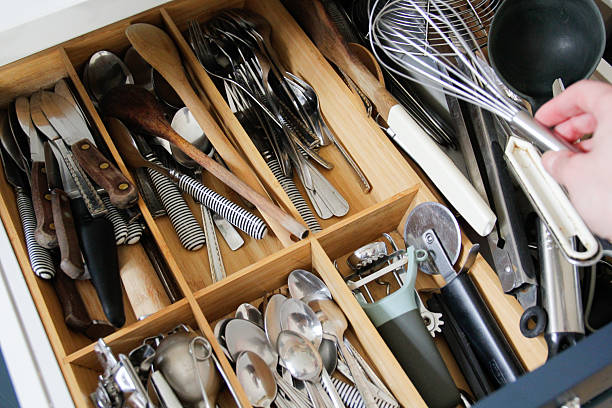When selecting a dishwasher for DIY projects, several factors must be considered to ensure the appliance meets both functional and installation requirements. Unlike professional installations, DIY projects demand careful planning to avoid complications, making it essential to choose a dishwasher that aligns with the user's skill level, kitchen layout, and budget.
First, the size and fit of the dishwasher are critical. Standard dishwashers typically measure 24 inches in width, but compact models (18 inches) are available for smaller kitchens. Before purchasing, measuring the installation space, including height, width, and depth, is crucial to avoid fitting issues. Built-in dishwashers are common for permanent installations, while portable or countertop models offer flexibility for renters or those with limited space. Additionally, considering the door swing direction ensures the dishwasher opens conveniently without obstructing walkways or cabinets. Another important factor is the dishwasher’s installation requirements. DIY enthusiasts should assess whether their kitchen has the necessary plumbing, electrical, and drainage connections. Built-in dishwashers typically require a dedicated electrical circuit, a water supply line, and a drain hose connection to the sink or garbage disposal. If existing connections are unavailable, additional modifications may be necessary, which could increase the complexity of the project. Some dishwashers feature flexible installation options, such as reversible doors or adjustable legs, simplifying the DIY process. Energy efficiency and noise levels are also key considerations. Energy Star-certified dishwashers consume less water and electricity, reducing utility bills and environmental impact. Noise levels, measured in decibels (dB), determine how quietly the appliance operates; models below 50 dB are ideal for open-concept kitchens where noise could be disruptive. Finally, budget and features play a significant role in the decision. Basic models offer standard cleaning functions, while premium dishwashers include advanced features like soil sensors, Wi-Fi connectivity, and specialized wash cycles. DIYers should balance cost with desired features, ensuring they select a reliable and efficient model without overspending. In conclusion, choosing the right dishwasher for a DIY project involves evaluating size, installation requirements, energy efficiency, noise levels, and budget. By carefully considering these factors, homeowners can successfully install a dishwasher that enhances their kitchen’s functionality while aligning with their DIY capabilities.



